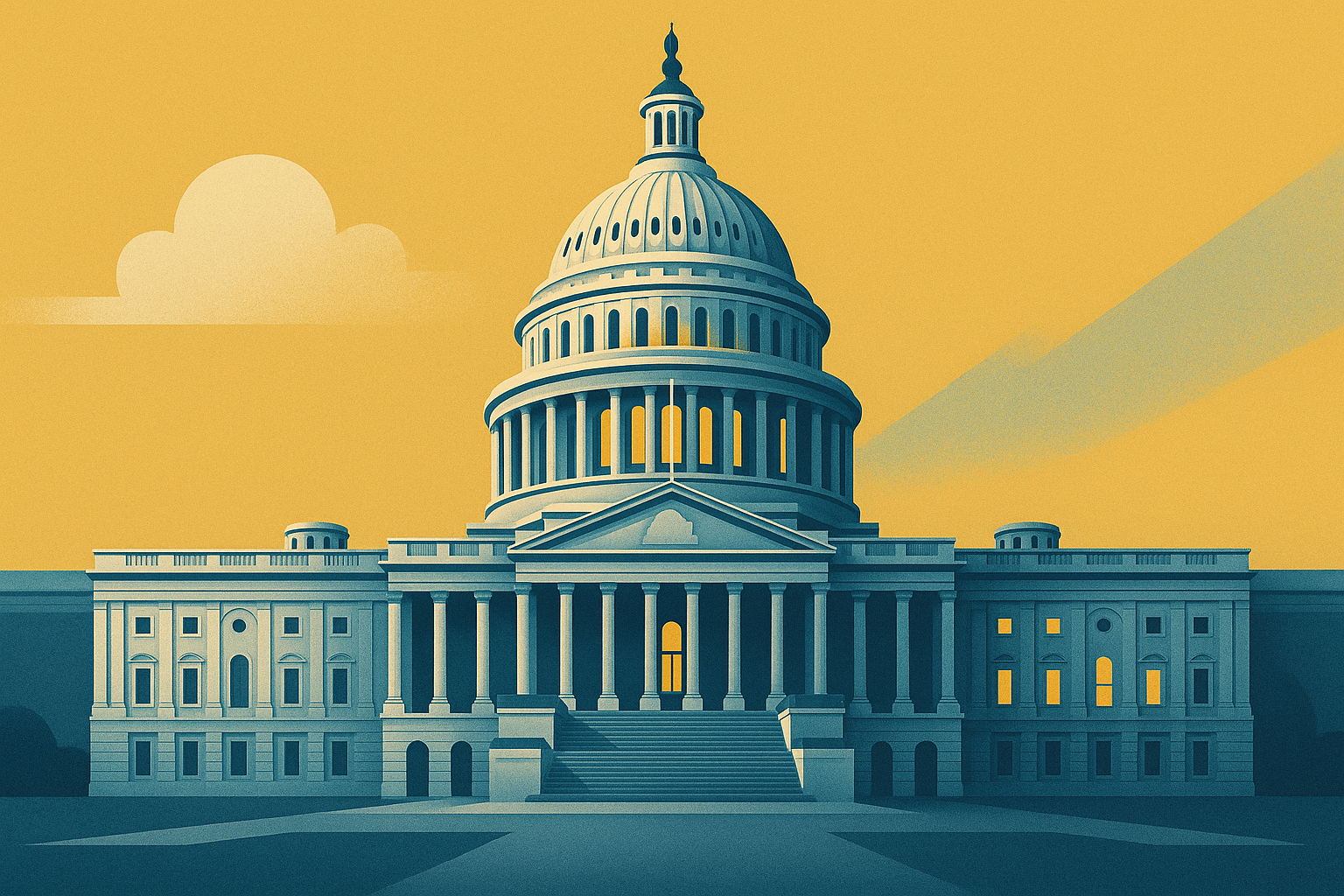U.S. Treasury Secretary Scott Bessent said the 43-day government shutdown caused an $11 billion permanent loss to the American economy, but ruled out the risk of a nationwide recession. Speaking on NBC’s Meet the Press, Bessent said interest-rate-sensitive sectors like housing had dipped into contraction, but “the economy as a whole” remained resilient.
He attributed inflation largely to the services sector, not to President Trump’s tariffs, and highlighted energy-price declines and planned tax cuts as key supports. “I am very, very optimistic on 2026. We have set the table for a very strong, non-inflationary growth economy,” Bessent said.
Inflation stands near 3 % annually. Bessent said it runs 0.5% higher in Democratic-led states due to heavier regulation. He added that taxpayers should expect sizable refunds in Q1 2026 following policy changes on tips, overtime, and Social Security taxation.
National Economic Council director Kevin Hassett echoed the optimism, predicting a “blockbuster 2026” but a “hiccup” this quarter as the economy absorbs the longest shutdown in US history. Growth is forecast at 1.5–2% in Q4 2025, before manufacturing gains offset the drag.
Bessent said recent tariff cuts on food imports such as bananas and coffee were part of pre-negotiated trade deals aimed at easing consumer costs. He added that new healthcare and trade measures, plus rising home sales, would further stabilise prices.
President Trump last week signed a bill ending the shutdown and funding the government through 30 January 2026, setting up another potential partisan clash early next year. Bessent urged Republicans to end the Senate filibuster should Democrats trigger another closure, though he would not confirm whether sufficient votes exist.
Despite the $11 billion hit, the administration argues that lower energy prices, tax relief, and renewed industrial investment will sustain momentum. For international observers, the episode underscores both the resilience and volatility of the US economy — where political standoffs can slow growth, but policy levers remain powerful.




